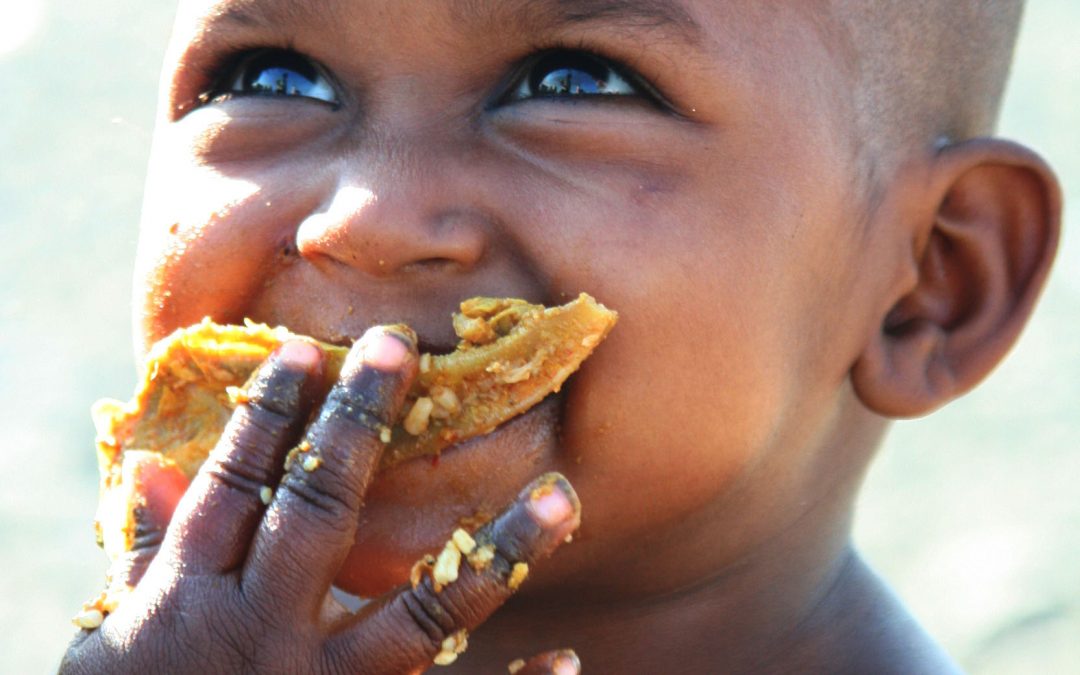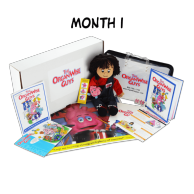We all know the importance of protein to maintain and repair the body, but many new parents worry that their baby or toddler may not be getting enough protein in their early, formative years. Because protein is essential to growth and development, it is critical that little ones get enough of this vital nutrient because they are growing so rapidly. In fact, babies and toddlers need more protein per pound of body weight than older children or even adults.
What exactly is protein and why is it so important? Protein, along with carbohydrates and fats, are three essential nutrients found in food that all of us need. We get protein from certain foods that our bodies then digest into small compounds called amino acids. There are many amino acids but humans use only 22 of them to grow and maintain our bones, muscles, blood, skin, hair and organs. Of the 22 amino acids we humans must have, our bodies can make 13 of them. We have to get the other 9 – called essential amino acids – from protein-rich foods, such as meat, eggs, dairy products and beans.
So what do babies do to get their protein? The good news is that breast milk or formula supplies all the calories and protein a baby needs until they are 4 to 6 months old. Before that time, a baby’s digestive system simply isn’t ready for more than a liquid diet. After 6 months, however, protein-rich solid foods should gradually be introduced to supplement the mother’s breast milk or formula. It is important that babies get protein every day because the body doesn’t store protein the way it stores fat and carbohydrates.
Protein is important for infants because the body weight of a baby doubles by age 6 months – and scientists estimate that about 10 percent of a young child’s energy comes from protein. Skimping on protein can slow down a baby’s growth and development, make them susceptible to illness, retard the development of the heart and lungs and gradually sap the energy that they need to grow into healthy children and adults.
The Ohio State University Extension Service recommends feeding infants strained or chopped meats and mashed beans at 6 to 8 months and mashed egg yolks, cottage cheese and yogurt at 8 to 10 months. At 10 to 12 months, babies can eat the same protein-rich foods the rest of the family eats, though the foods should be soft and cut into small pieces. The American Academy of Pediatrics also recommends starting your child on solids between 4 and 6 months and to look for some of these developments as signs of “readiness”:
- Can sit upright and hold up his head
- Is curious, looking at everything around him
- Has mastered tongue movement
- Seems hungry after getting a full day’s portion of milk (eight to 10 breast feedings or about 32 ounces of formula)
As your child grows, it is also important that your toddler gets plenty of protein. Once your child is up and walking, protein is needed to power muscles, and brain cells require sufficient protein to learn speech and language skills. Healthy 1- to 3-year-olds need 0.55 grams of protein per pound daily, which means the average 29-pound toddler should get 16 grams of protein each day, according to the Children’s Nutrition Research Center at Baylor University.
Here are some good sources of protein for your child:
Eggs
Egg yolks can be mashed and given to a baby as part of a healthy diet. Egg yolks mixed into rice or pasta or served with toast can provide an easy snack or main course. Avoid egg whites until after the first birthday, says Children’s Healthcare of Atlanta, and consult your pediatrician if members of your family have egg allergies before introducing eggs into your child’s diet.
Chicken
Broiled, baked or grilled chicken that is diced very small is a good source of protein for babies.
Chicken can be tossed with chopped pasta or served plain alongside some steamed vegetables. Children’s Healthcare of Atlanta recommends chicken cooked at home over the jarred variety because it does not contain any fillers.
Dairy Foods
Protein is abundant in dairy foods, such as cow’s milk, yogurt and cheese. A baby should be 8 months old before cheese is introduced and dairy should be avoided altogether if an allergy is suspected.
Infant Cereal
High protein infant cereal helps meet protein needs for babies too young for chunky solid foods.
The cereal should be mixed with breastmilk or formula. Pureed baby fruits or vegetables can also be stirred into the cereal to improve the taste and boost its nutritional value.


